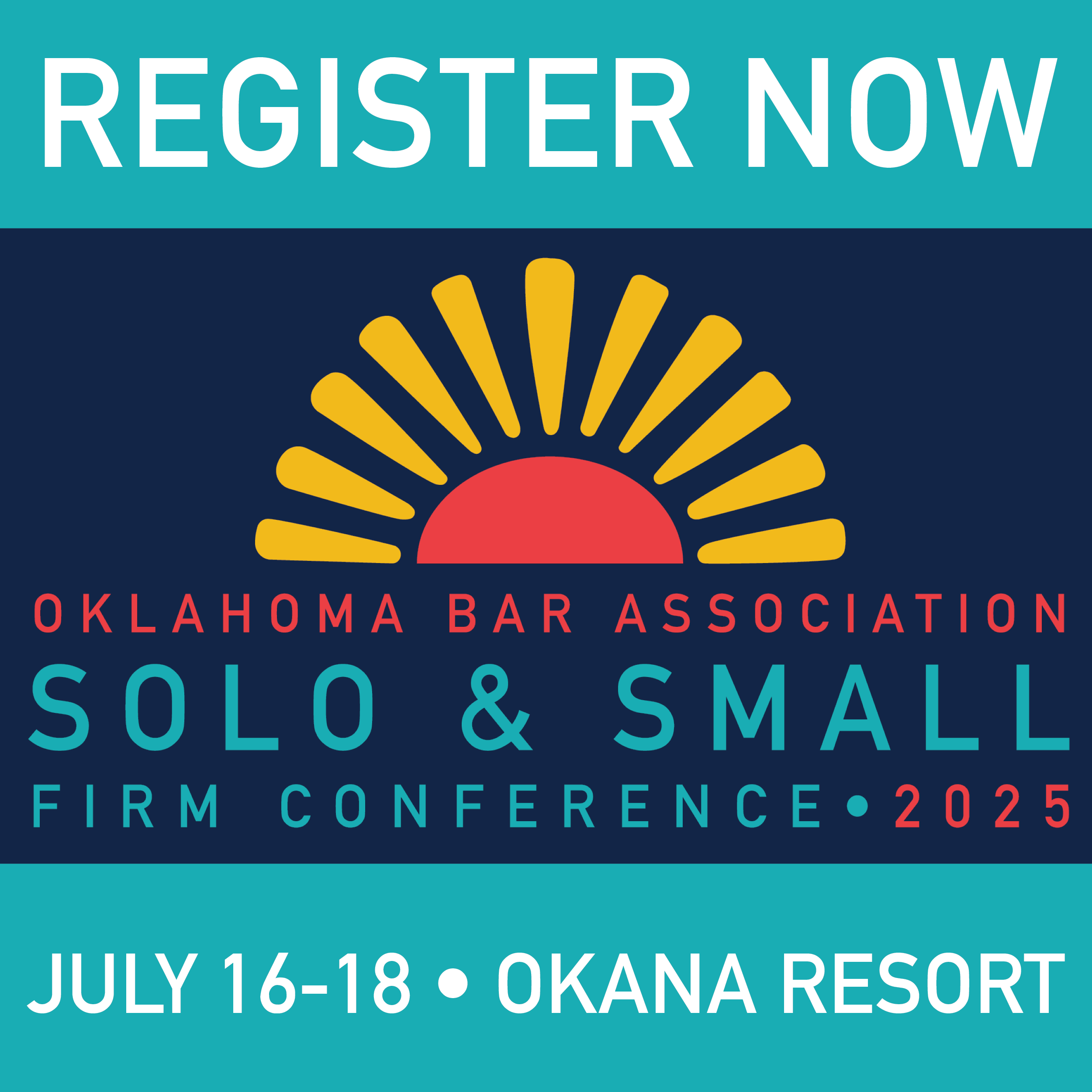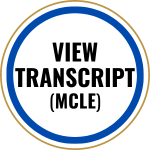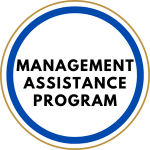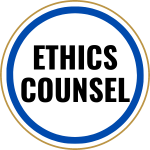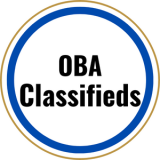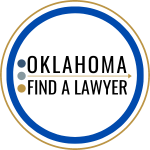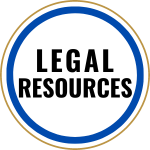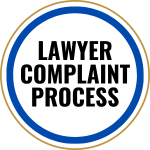The Oklahoma Bar Association | Est. 1904
The Oklahoma Bar Association was formed in 1904 by the merger of the Oklahoma Territory and Indian Territory Bar Associations. After statehood in November 1907, the association was recognized by the Oklahoma Legislature until it repealed the enacting legislation in 1938. Thereafter, in 1939 the Oklahoma Supreme Court, exercising its plenary powers over the courts of the state of Oklahoma, reorganized the association and mandated that to practice law in Oklahoma all Oklahoma lawyers must be association members. The association celebrated its centennial in September 2004 and has a rich history of serving lawyers and the public. It offers a wide variety of community service programs designed to help Oklahomans. Learn more.



